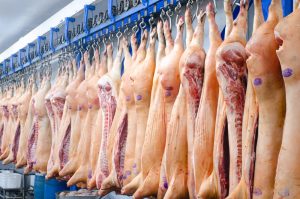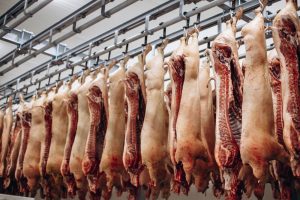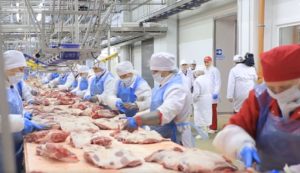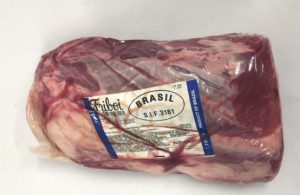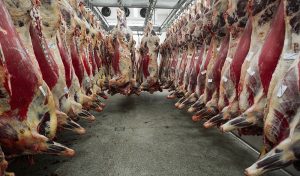Irish Angus beef pushes for PGI status
Irish beef farmers are a step closer to achieving protected geographical indication (PGI) status in the EU for certified Irish Angus Beef.
If successful, this could allow beef producers in the Republic of Ireland and Northern Ireland to receive a premium for Aberdeen Angus cattle.
However, concerns have been raised by some in the UK beef sector that it could be potentially detrimental to the wider industry if specific breeds from set regions are given PGI status.
A two-month opposition window has now begun as part of the PGI application process before it can be formally submitted to the EU Commission.
Ireland’s agriculture minister, Charlie McConalogue, said: “I thank the certified Irish Angus producer group for its work in bringing forward this application for PGI status for their product.
“I am delighted that the application has progressed to this stage, and I am aware of the significant amount of work that has been undertaken to date.”
If the application is successful, beef farmers in Ireland would then need to register with the Irish Angus Cattle Society in order for their cattle to be certified.
Charlie Reeve | Farmers Weekly
